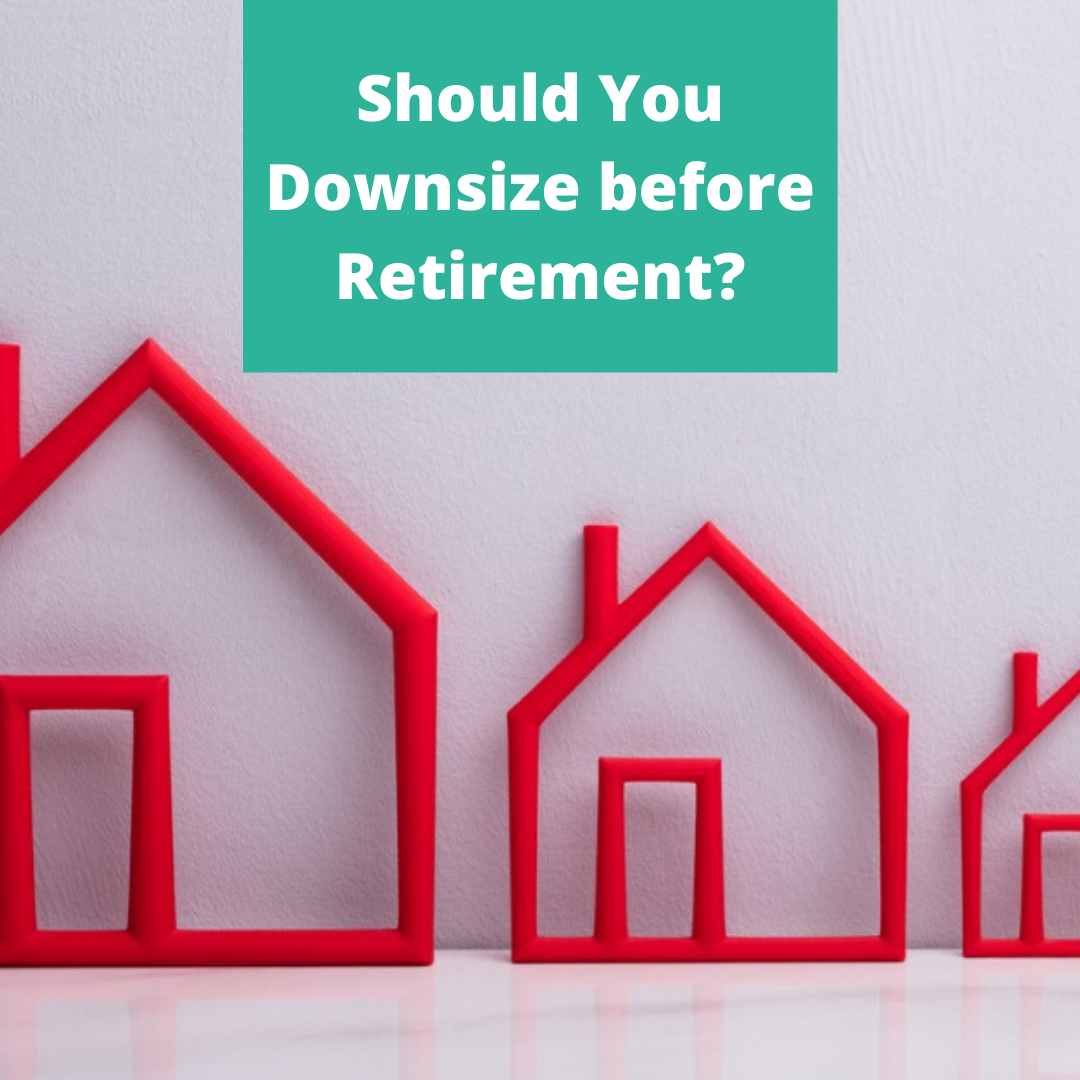Reverse Mortgages Options After the Death of a Loved One
Does your loved one have a reverse mortgage? Reverse mortgages are useful, but they’re also complex. If you are making end-of-life plans for a loved one, it’s important to know the various options you have regarding their property.
What Is a Reverse Mortgage?
Many retirees have a reverse mortgage on their property to help pay for their living expenses. A reverse mortgage is the opposite of a regular mortgage. Rather than paying the bank and lowering their mortgage, they are taking out funds and building up interest while decreasing equity in their home. It is a good option for people who hold a lot of their net worth in their primary residence.
The most common type of reverse mortgage is an HECM, or Home Equity Conversion Mortgage. With a HECM or other type of reverse mortgage, the property owner does not repay the lender until they permanently move out, sell the home, or die.
Be Prepared Ahead of Time, If Possible
Planning ahead is best, although we understand that it isn’t always possible. If you can, you should add yourself as an authorized person to the account before your loved one dies. Otherwise, the mortgage company won’t be able to provide you with many options.
Know the value of the property and the balance of the loan before death so you aren't surprised. If there is a 200,000 balance and the home is only worth 100K, you won't be able to keep this home unless you have 100K or at least 90% of the balance cash out of pocket. Without further ado, here are some of the options for handling a reverse mortgage.
Option 1: Sell the House While the Person is Still Alive
If the balance of the loan is less than the value of the property, it may be beneficial for your loved one to sell their home while they are still living. If the balance is less than the property value, they won’t have to struggle to come up with repayment. Everything will be taken care of ahead of time so that you don’t have added stress upon the death of your loved one.
Option 2: Keep the House and Repay the Reverse Mortgage
If you are an heir and you want to keep the house in the family, you may repay by taking out a new mortgage that will cover the balance of the reverse mortgage. If the reverse mortgage balance is higher than the home’s value, an heir can buy the home for 95% of its appraised value using a new mortgage.
If the reverse mortgage is an HECM, you will only have six months after the death of your loved one to pay off the balance. The balance will continue to grow during this time, so you will want to take care of it as quickly as possible.
Option 3: Sell the House After Your Loved One Dies
This is the most common option. Upon the property owner’s death, the heirs often sell the house and use the proceeds to pay off the mortgage. If there are any remaining proceeds after the loan is paid off, they will go to the heirs.
Option 4: Let the Lender Take the Home Back
If the property owner dies with a reverse mortgage balance that exceeds the value of the home, heirs may want to provide the lender with a deed in lieu of foreclosure. This option won’t hurt anyone’s credit score if it occurs after the death of the property owner.
Contact the Law Office of Alexis Hart McDowell
If you you want to discuss your options regarding selling a home with a reverse mortgage, schedule a consult at www.enterpriseesquire.com/calendar. We understand that it may be a delicate time for you and your family. We will be sure to handle your family’s needs delicately and provide you with the best guidance in light of the circumstances.







